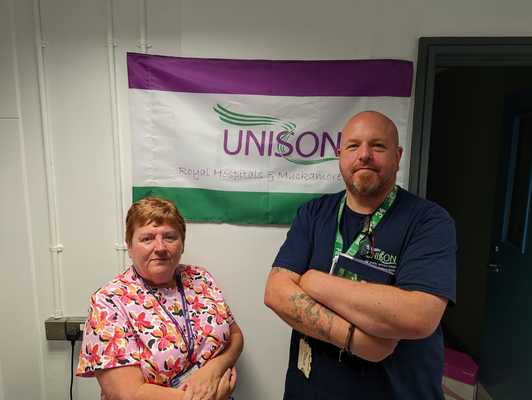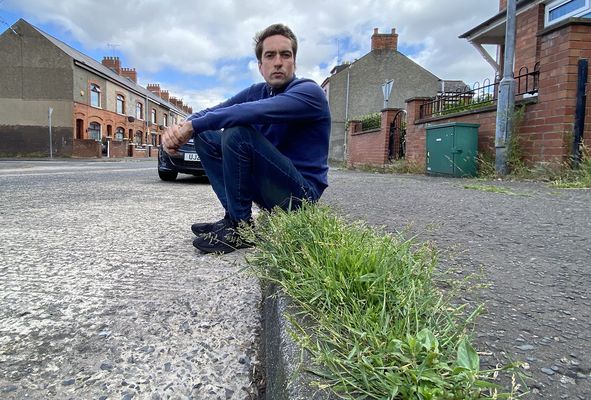Gransha man and independent candidate Declan Hill is running in the Assembly Election with one particular agenda: "Housing, housing, and housing," he said.
An architect by profession, Mr Hill told the Andersonstown News about his vision for the widespread building of what he calls "civic housing", which he believes can help tackle "the housing crisis".
"With Covid the government will be putting all of its money into the health service, the NHS, there'll be no money for house building for social housing," he said.
"The government and council have loads of land and what I've been working on is that basically government and council will provide the land and the private sector builds.
"The dwellings are for rental only and I've worked up a financial model, together with the bank, that the bank will get an eight per cent return on their investments and rents will be capped at a third of average earnings in Northern Ireland."
The Andersonstown News asked Mr Hill why banks should profit from the housing crisis.
"We have to be hard-nosed about it – if banks are investing they need to have a return," he said. "It can be regulated by agreement between the government and the private sector."
"We need to find another way of delivery," he added.
"If we hope to deliver through the existing system we just simply won't achieve the aim of providing housing, and housing that's accessible for all the people of our neighbourhoods."
Mr Hill criticised what he described as the "shocking delivery" of homes by housing associations. He is also critical of the point-based housing allocation system, which is designed to give homes to those who need them most.
"2,000 units a year will go absolutely nowhere and unless you're a single mum with three children you will not have the points to get social housing," he said.
"The big problem is, and it's happened in a number of estates in Belfast, is that any new housing developments are then filled with people who all have the maximum points, so you have full housing estates full of dependent people, which is no model for housing development. If they're all full of single mums who are on benefits, it's not a good environment to grow up in."
Mr Hill said civic housing rentals will be capped at a third of "average earnings" of £28,000. He estimates that a two-bedroom apartment, delivered under his model, will cost £800 per month – almost £400 more than rent on a similar-sized social home.
In West Belfast, which is the North's most deprived constituency, the average earnings are significantly less than £28,000. Asked if civic homes were affordable for its constituents, Mr Hill proposed land concessions to the private sector.
"The figures that I've worked upon is basically that the value of the land for each dwelling is £10,000," he said.
"Each unit has a value of £10,000. We could deliver if governments and councils where the value of the £10,000 was taken away then we could achieve lesser figures and bring the rent down slightly. It's still not a solution, but what I'm saying is that if we're providing civic housing in parallel with the social housing, which will continue, we will be able to take the pressure off the demand."
The West Belfast candidate later clarified that the design of civic housing will ensure renewable energy sources and better insulation, making energy overheads cheaper than the average.
"Rented accommodation at the moment is quite appalling," he stated.
"You might be able to get accommodation for less than £800, but it'll be substandard. What I'm proposing is brand new dwellings, brilliantly designed, that are then achievable for people to rent."






